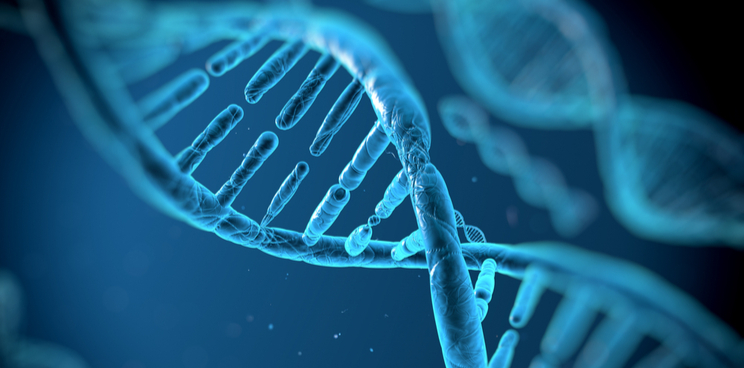A seed round of €10.1M will fund the launch of the University of Oxford spinout Base Genomics, which aims to improve cancer detection by measuring epigenetic changes to tumor DNA circulating in the blood.
The company’s oversubscribed seed funding round was led by Oxford Sciences Innovation, a local early-stage investment firm linked to the University of Oxford.
Base Genomics will leverage technology developed at the University of Oxford called TAPS, which detects epigenetic methylation of DNA at the single-base level. DNA methylation is a process that cells can use to switch off specific genes without changing the DNA base code. DNA methylation is also disrupted in many types of cancer, so clinicians could find early signs of cancer by screening for abnormally methylated DNA shed by solid tumors into the blood.
“DNA methylation is the most promising biomarker for early detection. A company called Grail raised €1.3B ($1.5B) to try to come up with a blood test for detection of early-stage cancer and, after three years of testing different methods, concluded that detecting DNA methylation generates the best results,” Oliver Waterhouse, co-founder and CEO of Base Genomics, told me.
Waterhouse continued, saying that DNA methylation is one the most stable types of epigenetic information — a useful trait in diagnostics. “For example, DNA methylation is retained when storing DNA for a long time, and DNA methylation is retained in fragmented DNA such as the cell-free DNA, the DNA type that is usually analyzed in liquid biopsy,” he added.
Until now, reading the epigenetic code precisely has been difficult. Traditional methods result in the destruction of the sample, which makes it unavailable for subsequent genome sequencing and also limits clinical sensitivity. Base Genomics’ TAPS method can read this code precisely, while keeping the sample intact. This allows clinicians to do more testing with the same amount of sample DNA.
Identifying early-stage cancer through non-invasive liquid biopsies — such as a blood or urine sample — is the holy grail of cancer diagnostics. Rather than sampling a suspected tumor directly, which is time-consuming and stressful for the patient, biomarkers such as proteins or DNA linked to cancer can be detected from easily extracted blood samples. Thus, liquid biopsies are becoming new gold standards in cancer detection.
Base Genomics’ technique is not limited to blood liquid biopsies, however, and the company is looking to expand its diagnostics beyond cancer.
“Most certainly, we can use our technology on urine, saliva, etc. We have even been talking to potential collaborators about using our technology on cerebrospinal fluid samples to diagnose neurodegenerative disorders such as Alzheimer’s,” adds Waterhouse.
Base Genomics isn’t the only firm monitoring epigenetic signs of disease. One major player in liquid biopsy, the US company Bio-techne, has developed a non-invasive liquid biopsy for prostate cancer detection. Its test analyzes RNA found in exosomes in urine and can discriminate between high-grade and low-grade prostate cancer. Meanwhile, another player in the UK, Oxford Biodynamics, has applied an epigenetic method that looks at chromosome structure to diagnose Huntington’s disease.
Images from Shutterstock





